Ngaire
aka Ngaire Fuata
Ngaire is best known in the New Zealand music industry for her No.1 hit remake of Lulu’s ‘To Sir with Love’ released in 1990 on Southside Records. A reluctant pop star, she said she was really “just having a bit of fun” and never really expected the song would ever reach No.1 status on the New Zealand music charts, where it stayed for five weeks.
She credits Simon Lynch and Tony Nogotautama, who produced and mixed ‘To Sir With Love’, as providing the vehicle that launched her music career. However, it was her smooth silky voice that glided effortlessly when singing the song – and her fun and beautiful youthful ways, blended with a Soul II Soul funky beat – that got her noticed.
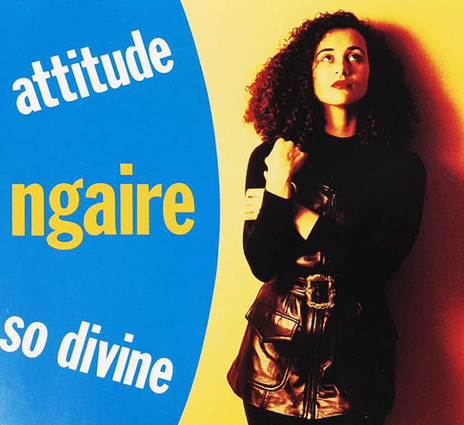
Ngaire - Attitude/So Divine (Southside, 1992)

Ngaire, December 1990.
Photo credit:
Southside Records
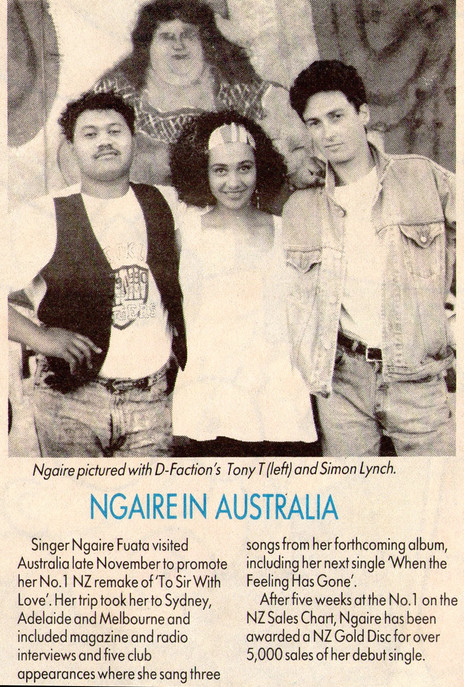
Ngaire, Rip It Up, 1990.
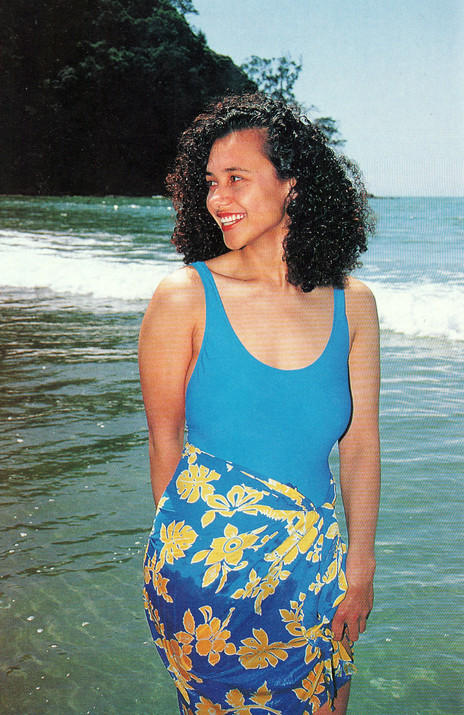
Ngaire at Ohope Beach, 1991.
Photo credit:
Phil Crawford/Ngaire collection
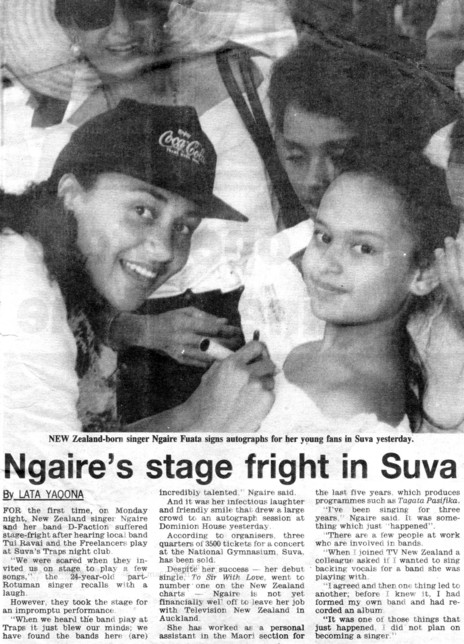
Ngaire on a tour to Fiji, 1993
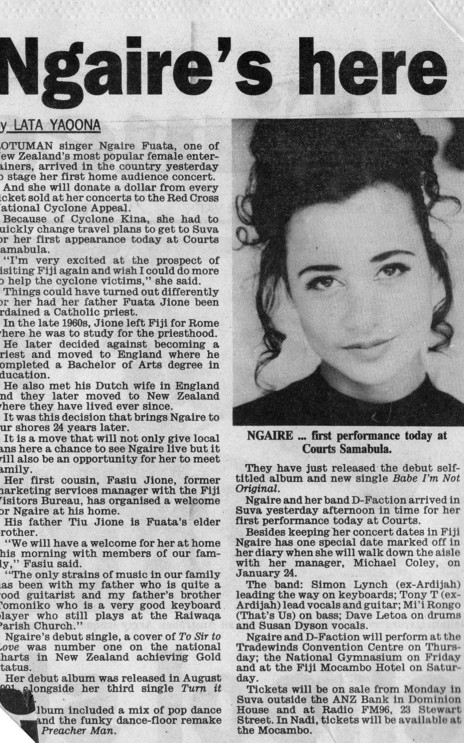
Ngaire arrives in Suva, January 1993.
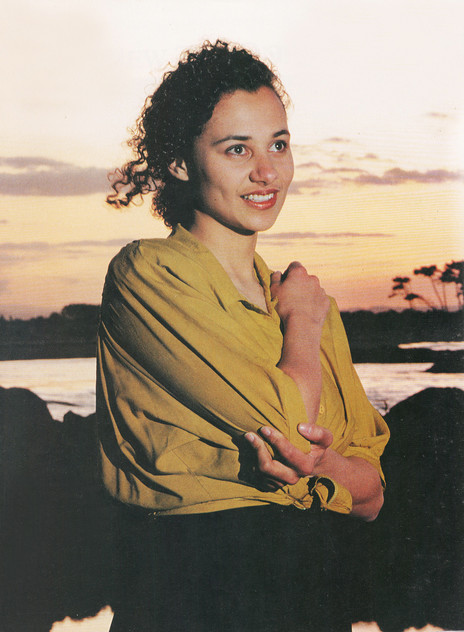
Ngaire at Whakatane Heads, 1991.
Photo credit:
Phil Crawford/Ngaire collection
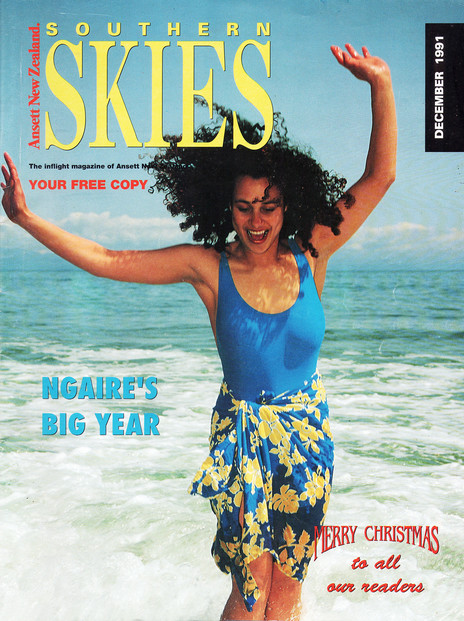
Ngaire on the cover of Southern Skies, Ansett NZ's in-flight magazine, 1991.
Photo credit:
Phil Crawford

Ngaire arrives in Fiji, 1993.
Photo credit:
Simon Lynch collection
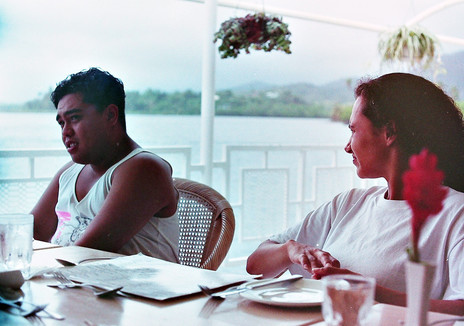
Ngaire with bass player Mi'i, Fiji, 1993.
Photo credit:
Simon Lynch collection
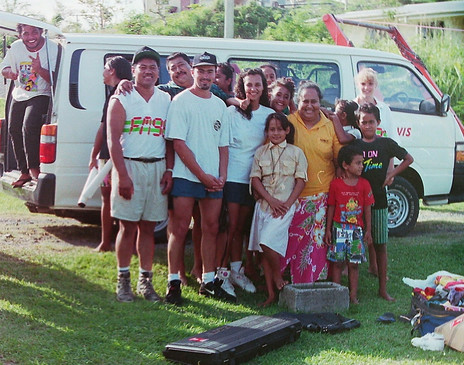
Ngaire with entourage and family, Fiji, 1993.
Photo credit:
Simon Lynch
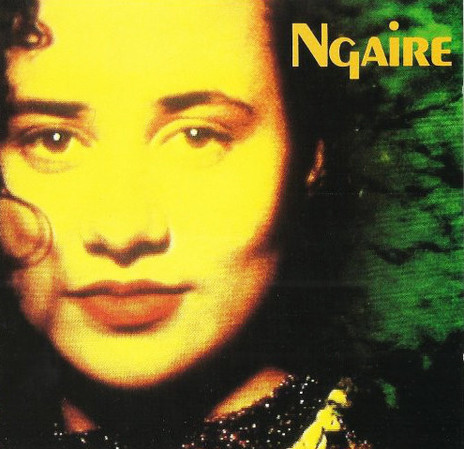
Ngaire's self-titled album (Southside/Festival 1991)

Ngaire
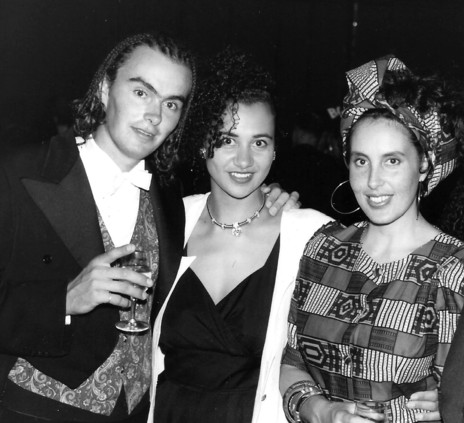
Ngaire at the NZ Music Awards flanked by Michael Coley of Festival Records and Moana Maniapoto.
Photo credit:
Murray Cammick collection

Ngaire, December 1990
Photo credit:
Southside Records
Salat se Rotuma - Passage to Rotuma, 2011 documentary

Ngaire c 2020.
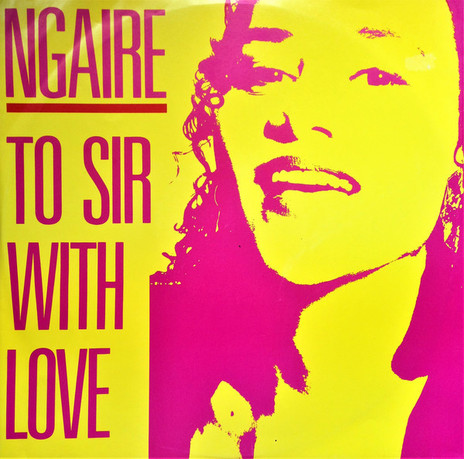
Ngaire - To Sir With Love (Southside, 1990)
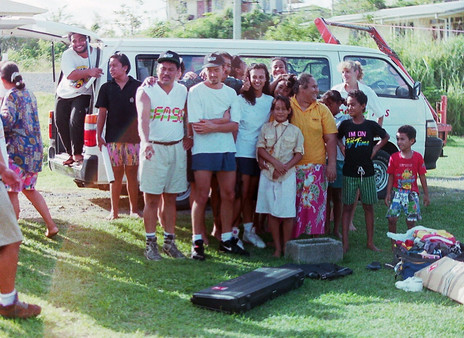
Ngaire with band, crew and fans, Fiji, 1993.
Photo credit:
Simon Lynch collection
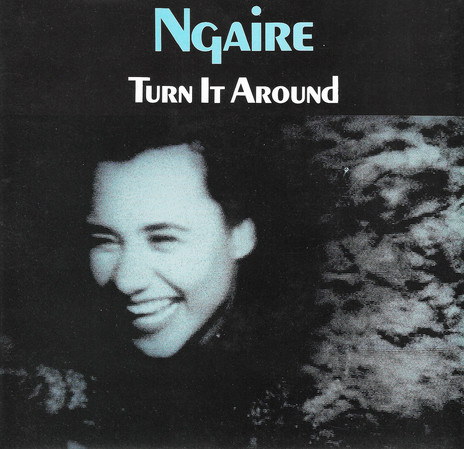
Ngaire - Turn It Around 7" (Southside, 1991)
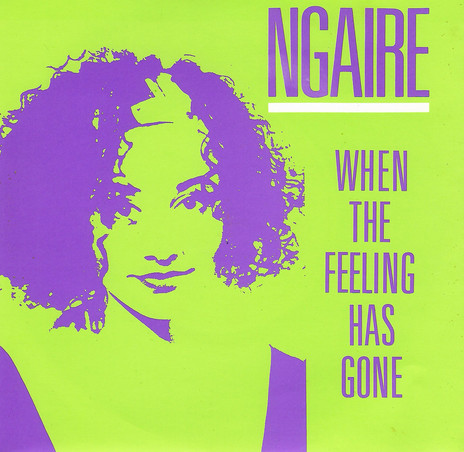
Ngaire - When the Feeling is Gone (Southside, 1991)
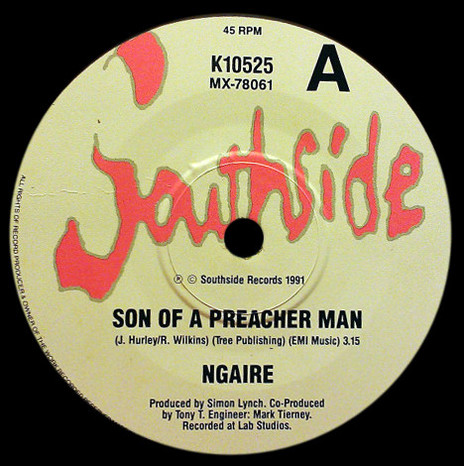
Ngaire - To Sir With Love (Southside, 1990)
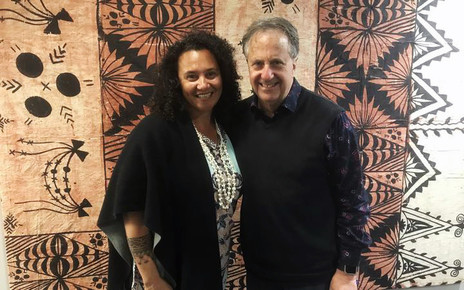
Ngaire Fuata with RNZ's Jim Mora, 2020.

Ngaire, December 1990.
Photo credit:
Publicity image
Ngaire - When the Feeling is Gone (1990)

Ngaire
Photo credit:
Chris Mauger
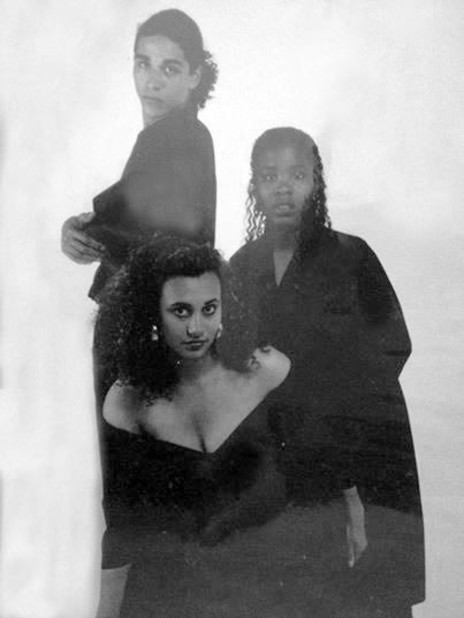
An early photo of Ngaire with the MCP Band, 1989. From top: Eddie Olsen, Krystal Jade, and Ngaire.
Photo credit:
Simon Lynch collection

Fiji Times advertisement for a Ngaire concert, 12 January 1993

Ngaire
Photo credit:
Chris Mauger
Ngaire - To Sir With Love (1990)
Ngaire sings To Sir With Love on Telethon, 1990
Ngaire Fuata - ScreenTalk interview, NZ On Screen, 2019

Ngaire
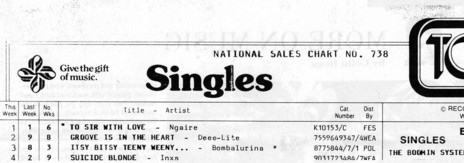
Ngaire at No.1 with 'To Sir With Love', May 1990. It was in the New Zealand charts for 20 weeks, with five weeks at the top.
Ngaire - Son of a Preacher Man (1990)
Discography


